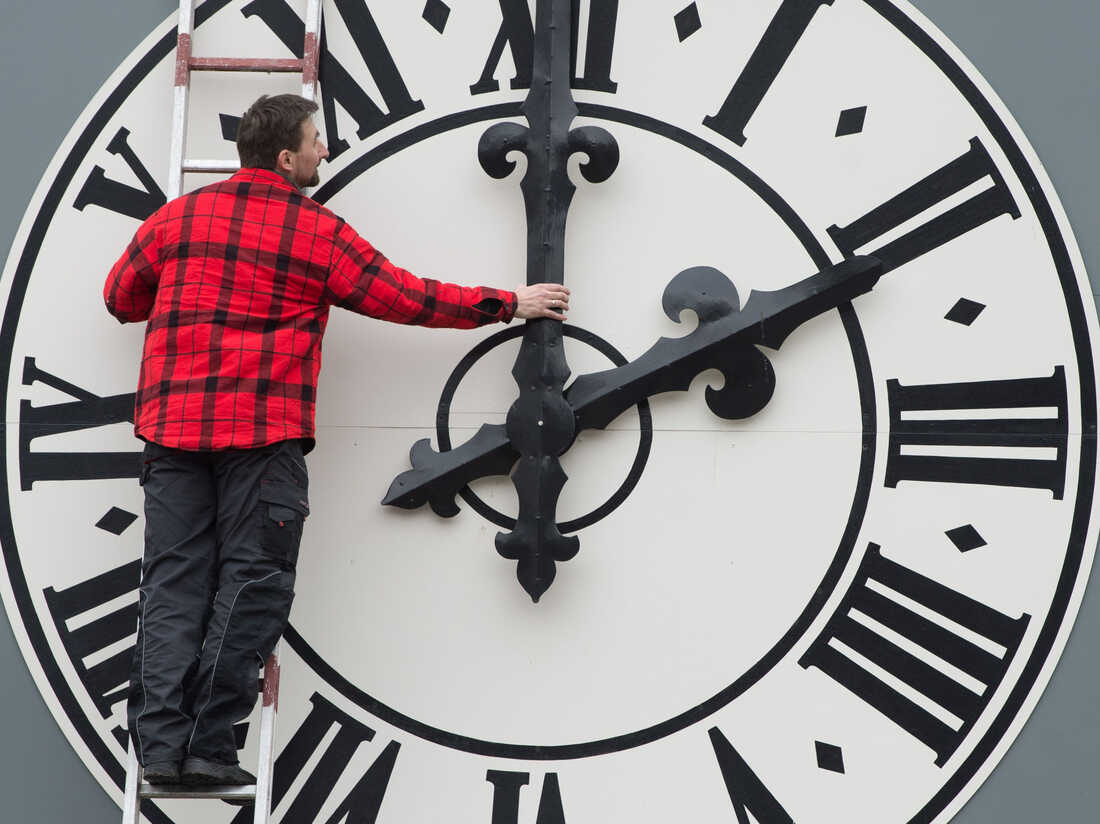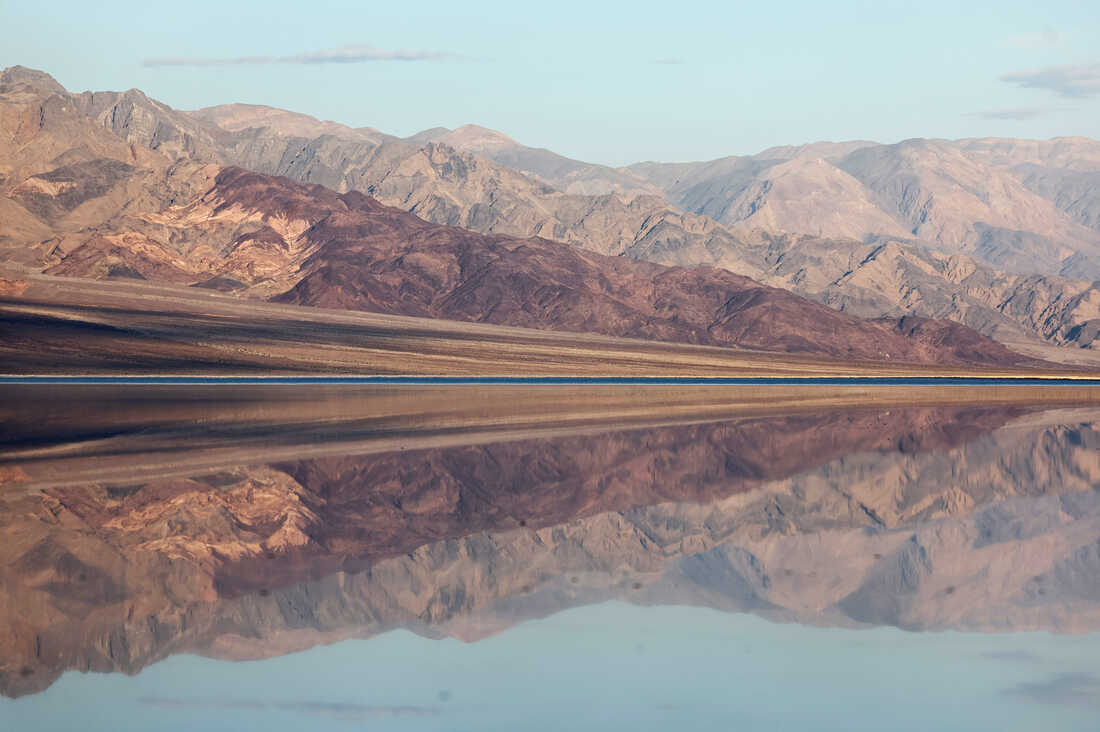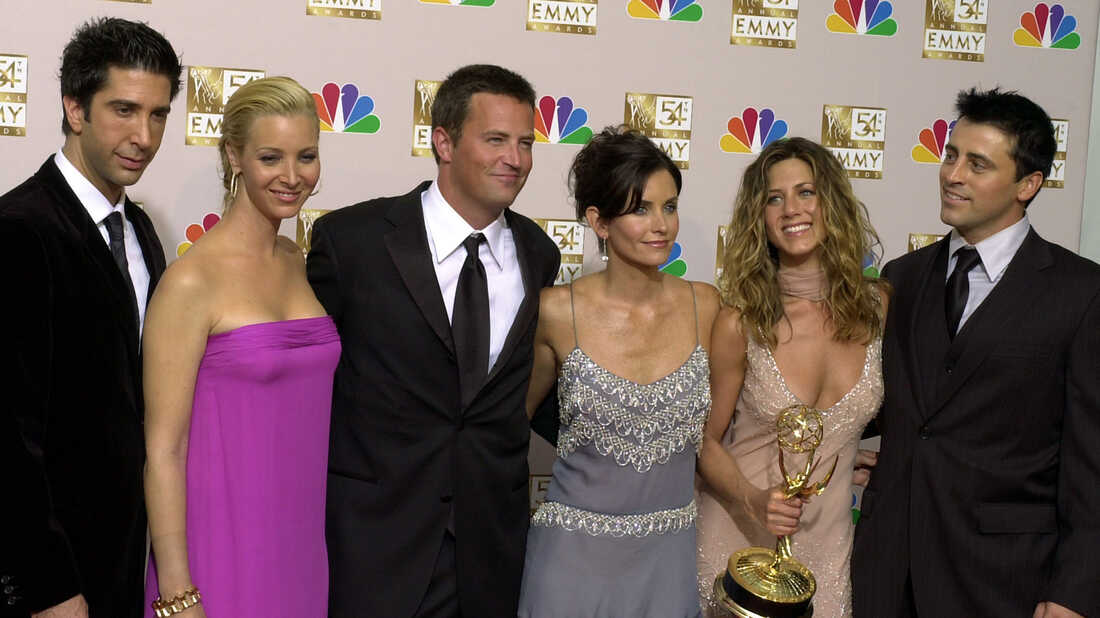It's not a place many people choose to be buried \u2014 but it was perfect for him
By Joe Richman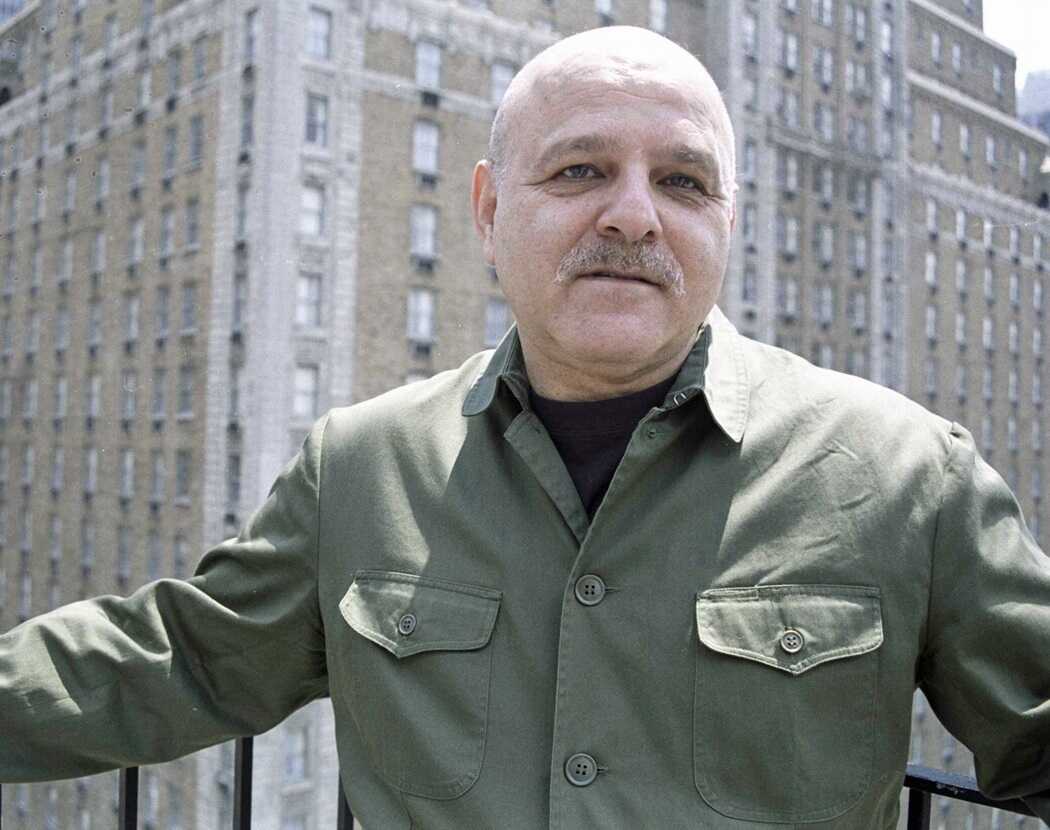
Noah Creshevsky was an egalitarian who believed in humility in death. Courtesy of David Sachs hide caption
toggle caption Courtesy of David SachsNoah Creshevsky was an egalitarian who believed in humility in death.
Courtesy of David SachsThe Unmarked Graveyard: Stories from Hart IslandAll Things Considered
When Noah Creshevsky found out he had bladder cancer in 2020, he decided not to have surgery. He was 75 and didn't want to live with an artificial bladder.
"He thought it was the beginning of a slope and he didn't want to go down it," says Creshevsky's husband, David Sachs. "I remember his surgeon was stunned because no one had ever declined [treatment]. Everyone wants to grapple for every minute of life."
David Sachs in 2023. Courtesy of David Sachs hide caption
toggle caption Courtesy of David SachsDavid Sachs in 2023.
Courtesy of David SachsSachs was a teacher and book editor. Creshevsky was an experimental electronic composer. He called his music "hyperrealism." He was also a beloved teacher at Brooklyn College.
Early in his career, Creshevsky had studied composition with some of the most prominent figures in modern music, including conductor Nadia Boulanger. He originally imagined he would be a concert pianist, but then he fell in love with the world of electronic music and his dream changed.
"He realized what music could be," says Sachs. "It needn't be someone sitting at a keyboard or playing a string. But it could be something wildly imaginative."
were buried on Hart Island.It's not a place many people choose to be buried. But Sachs says Creshevsky was drawn to the idea of being buried collectively.
"The simplicity, the anonymity, the humility. And it was on the water, which he loved," Sachs says. "For someone who was such an egalitarian, who believed genuinely in everyone's equality, it was the right decision, for him."
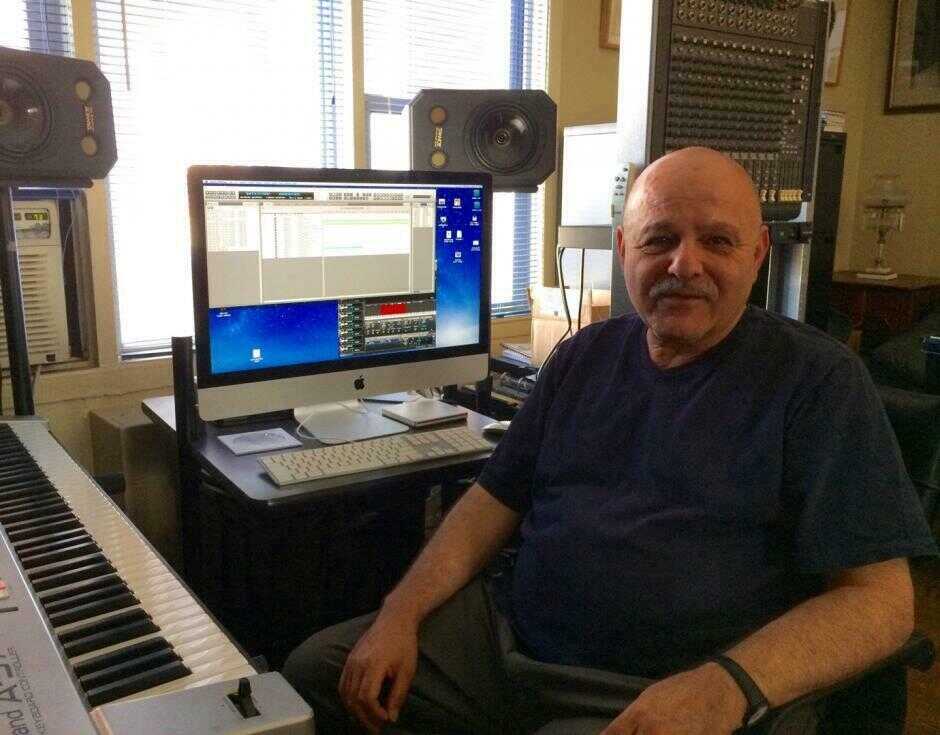
Creshevsky in his studio in 2015. Courtesy of David Sachs hide caption
toggle caption Courtesy of David SachsCreshevsky in his studio in 2015.
Courtesy of David SachsThey didn't tell anyone about their plan. But when Creshevsky's hospice nurse found out, she was upset. She had an image of Hart Island as a "garbage dump," says Sachs, "for only the unknown who no one cared about." But Sachs says, in the end, she came to realize the meaningfulness of the decision.
"A lot of people, I think, look at death as a way to extend your ego," Sachs says. "Either your monument or the way in which you're buried. And ego stops with death."
Sachs says that Creshevsky wondered about life after death. "He didn't believe in reincarnation in the literal sense. Like, I'm going to come back as Elizabeth Taylor," says Sachs. "But I may come back as a tree. I may come back as a breath. Who knew?"
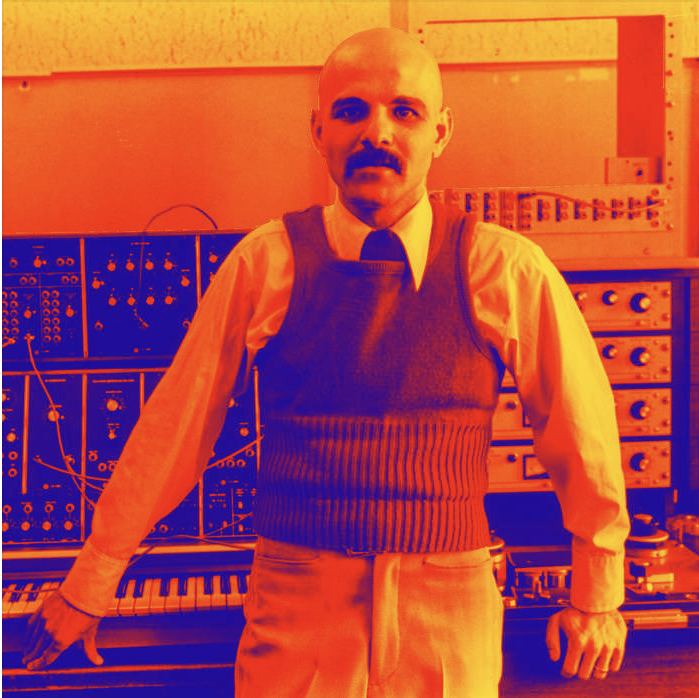
The album cover for Courtesy of David Sachs hide caption
toggle caption Courtesy of David SachsThe album cover for
Courtesy of David SachsCreshevsky and Sachs ended up having three more months together. "We had a wonderful time," says Sachs. Then Creshevsky started to get weak and delirious. "Not the fun kind of delirium where you're high or drunk, festive and funny. But the sad kind, where you don't know who you are. It was hard, man, it was hard."

